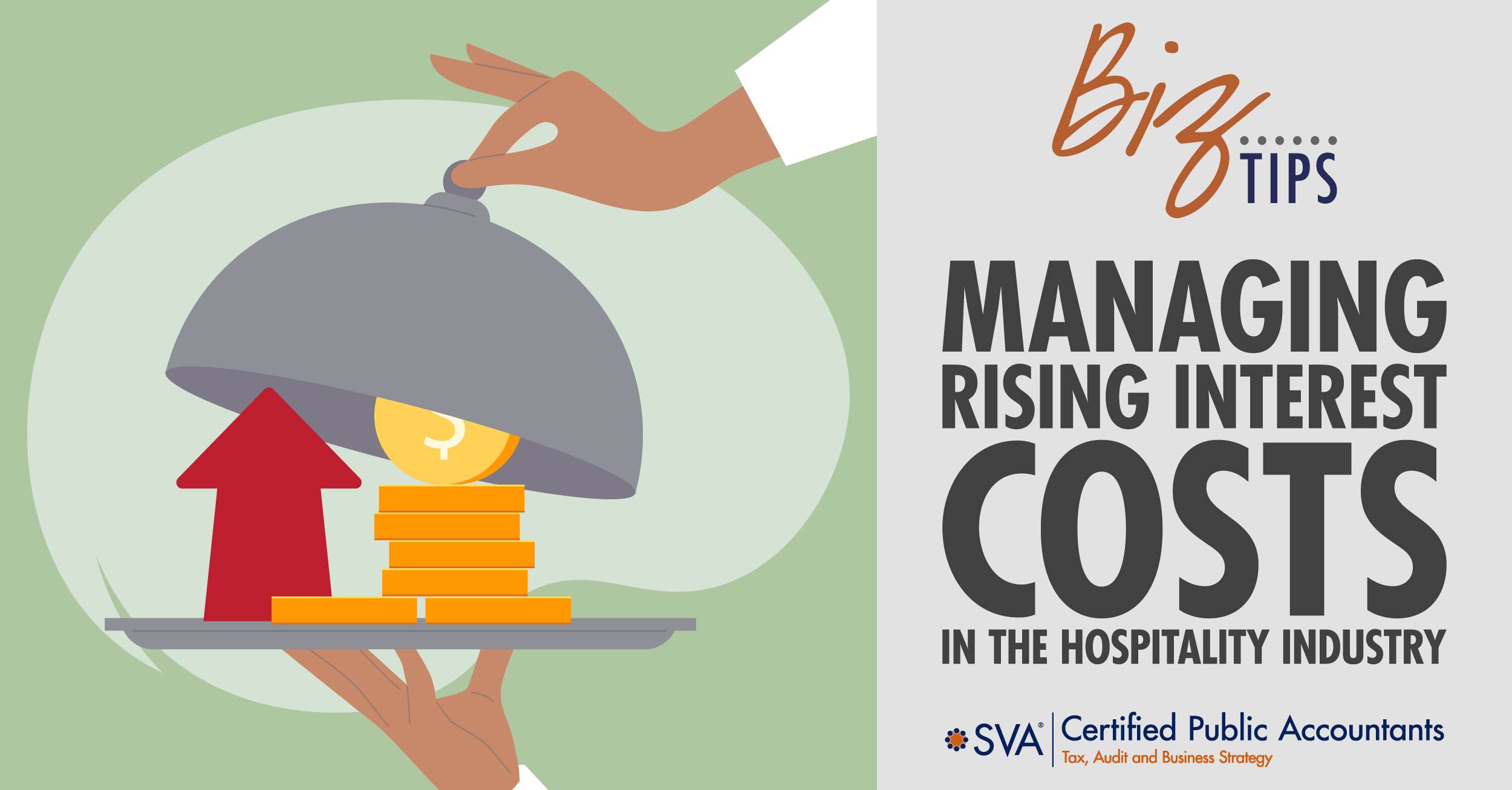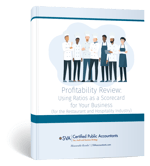| Highlights: |
-
The article examines how rising interest rates affect hospitality businesses through higher debt costs, reduced consumer spending, and tighter financing conditions.
-
It outlines financial management strategies such as refinancing debt, monitoring loan terms, improving cash flow forecasting, and controlling operating expenses.
-
Practical recommendations focus on strengthening balance sheets, maintaining lender relationships, and adapting business plans to remain resilient in a higher-rate environment.
|
Rising interest costs are a concern for many, and the hospitality industry is being hit hard. Hospitality business owners often rely on loans for purchases, expansion, and improvements, so any rise in interest rates can have a significant impact on the bottom line.
However, there are strategies to manage these rising costs and maintain a thriving business.
The Impact of Rising Interest Costs
Rising interest rates mean higher costs for borrowing money, which in turn increases the overall spend of the items or projects being financed. For hospitality businesses, which often operate with thin margins, this can lead to increased expenses and reduced profitability. It can affect everything from refinancing existing loans to funding new projects, and even day-to-day operations.
Strategies for Managing Rising Interest Costs
1. Refinance Existing Debt
Consider when financing existing loans:
- whether you want to lock longer to hedge rising interest costs
- the potential benefits of a shorter lock to hedge lower interest rates
- a float rate to give flexibility
It is important to be knowledgeable about the loan contract and any penalties and fees associated with refinancing or early payment. Inevitably, in this volatile environment, you want to have the maximum flexibility at the lowest cost, and you will have to weigh the benefits and drawbacks of the options.
2. Optimize Operational Efficiency
Reducing operational costs can help offset the impact of rising interest expenses. Some ways to streamline operations include:
- Implementing energy-saving practices to reduce utility bills
- Reducing waste and optimizing inventory management
- Investing in technology to automate repetitive tasks and improve efficiency
3. Diversify Revenue Streams
Don’t rely solely on traditional revenue sources. Alternative income streams can help boost your bottom line, such as:
- Hosting events or conferences
- Offering unique experiences or packages
- Partnering with local businesses for cross-promotion
4. Focus on Customer Experience
A superior customer experience can set your business apart. Satisfied customers are more likely to return and recommend your business or accommodation to others, which can drive revenue growth.
Staff training, maintaining high-quality standards, and leveraging customer feedback to continually improve can help your business stand out among the competition.
5. Monitor Cash Flow Closely
The importance of effective cash flow management cannot be overstated, especially when dealing with higher interest costs.
Regularly reviewing your cash flow statements can help identify trends and anticipate future needs. Use this data to make informed decisions about expenses, investments, and loan requirements.
6. Build a Strong Relationship with Lenders
Maintain open communication with your lenders. Understand the terms of your loans and discuss any concerns or needs you may have. A strong lender relationship can help negotiate terms or seek support during challenging times.
7. Stay Informed and Flexible
Keep track of economic trends and interest rate forecasts. This knowledge can help you make proactive decisions regarding financing and business strategy. Be prepared to adapt your business plan as the economic landscape evolves.
Rise Up to Battle Interest Costs
The current interest rate environment is a challenge for the hospitality industry, but it can be maneuvered with careful and strategic planning and business management. Contact an SVA professional today and see how we can help you navigate these challenges.
© 2024 SVA Certified Public Accountants







